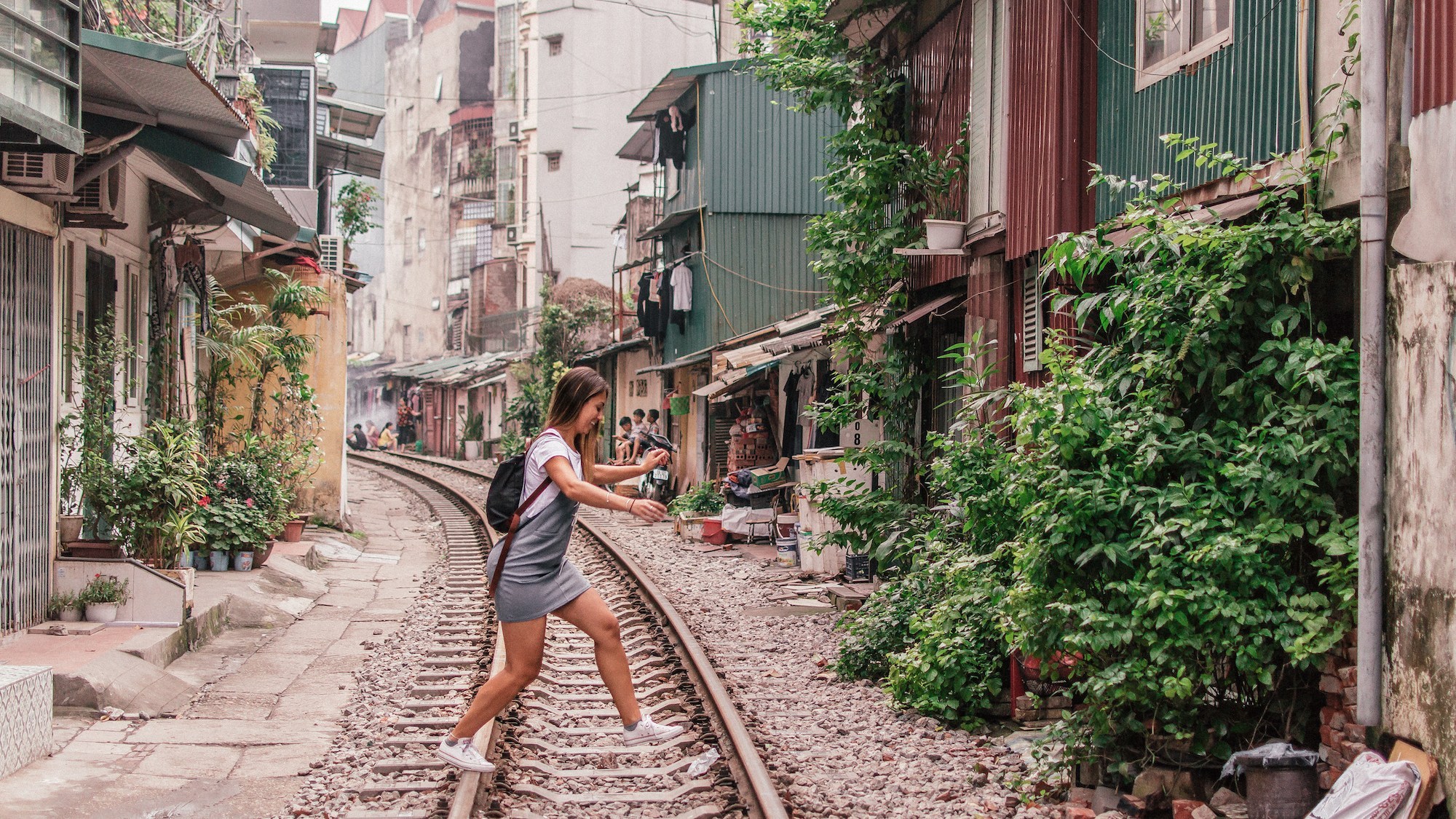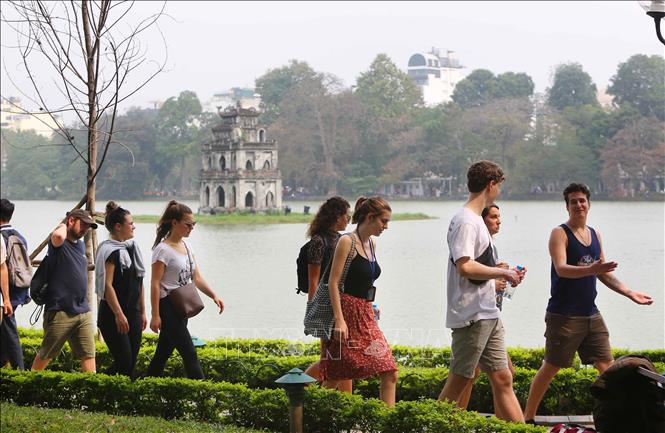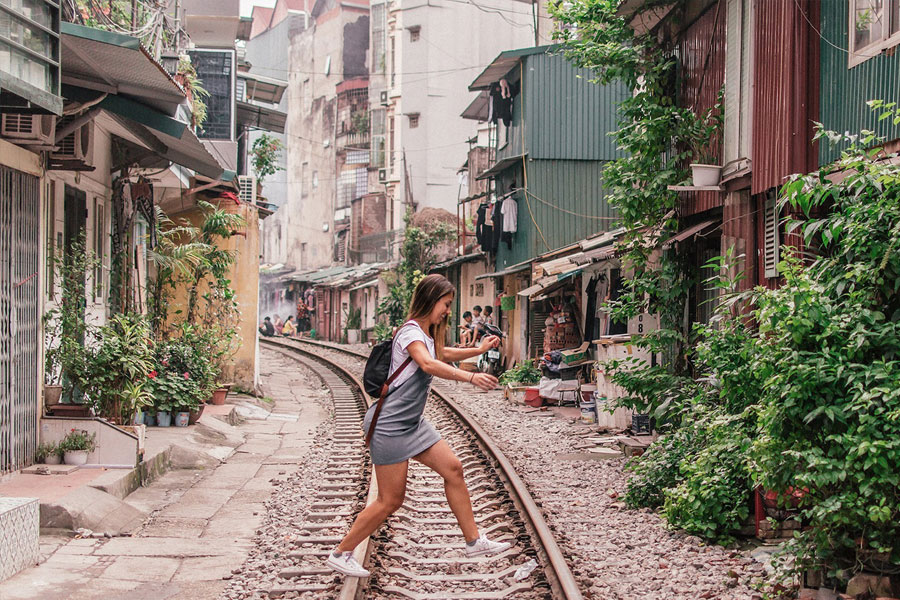
Do’s and Don’ts for Travelers Visiting Vietnam: A Guide to Understanding Local Culture and Customs.

If you’re planning a trip to Vietnam, it’s important to understand the local culture and customs. Vietnam is a country with a rich history and culture that is deeply ingrained in everyday life. By following a few simple do’s and don’ts, you can show respect for the local culture and have a more meaningful and enjoyable trip.
DO:
- Dress conservatively: When visiting temples or other religious sites, it’s important to dress modestly. This means covering your shoulders and knees, and avoiding revealing clothing. Even when walking around town, it’s a good idea to dress modestly to avoid drawing unwanted attention.
- Learn some Vietnamese: Vietnamese people are friendly and welcoming, and they appreciate visitors who make an effort to learn a few basic phrases. Learn how to say “hello” (xin chao), “thank you” (cam on), and “goodbye” (tam biet) to start.
- Take off your shoes: It’s customary to remove your shoes when entering someone’s home or a temple. Look for a shoe rack or a designated area to leave your footwear.
- Haggle politely: Bargaining is common in Vietnam, especially at markets and street vendors. However, be polite and respectful when negotiating the price, and don’t haggle too aggressively.
- Try the local cuisine: Vietnam is famous for its delicious cuisine, so don’t be afraid to try new dishes. Street food is a popular and affordable option, but be sure to choose vendors with clean and hygienic conditions.
DON’T:
- Disrespect the national flag or symbols: Vietnam has strict laws concerning the national flag and symbols, so avoid any actions that could be interpreted as disrespectful or insulting.
- Touch people’s heads: In Vietnam, the head is considered sacred, so it’s impolite to touch someone’s head without permission. Similarly, pointing your feet towards someone is considered rude.
- Show public displays of affection: Vietnamese culture values modesty and reserve, so avoid any public displays of affection that could be seen as inappropriate or offensive.
- Give money to children: Although poverty is an issue in Vietnam, it’s not a good idea to give money to children on the street. This can perpetuate the problem of child labor and exploitation.
- Drink tap water: It’s recommended to stick to bottled water and avoid drinking tap water, which may contain harmful bacteria.
In conclusion, by following these do’s and don’ts, you can show respect for the local culture and customs while having a more enjoyable trip to Vietnam. Remember to be polite, open-minded, and willing to learn, and you’re sure to have a great experience.

